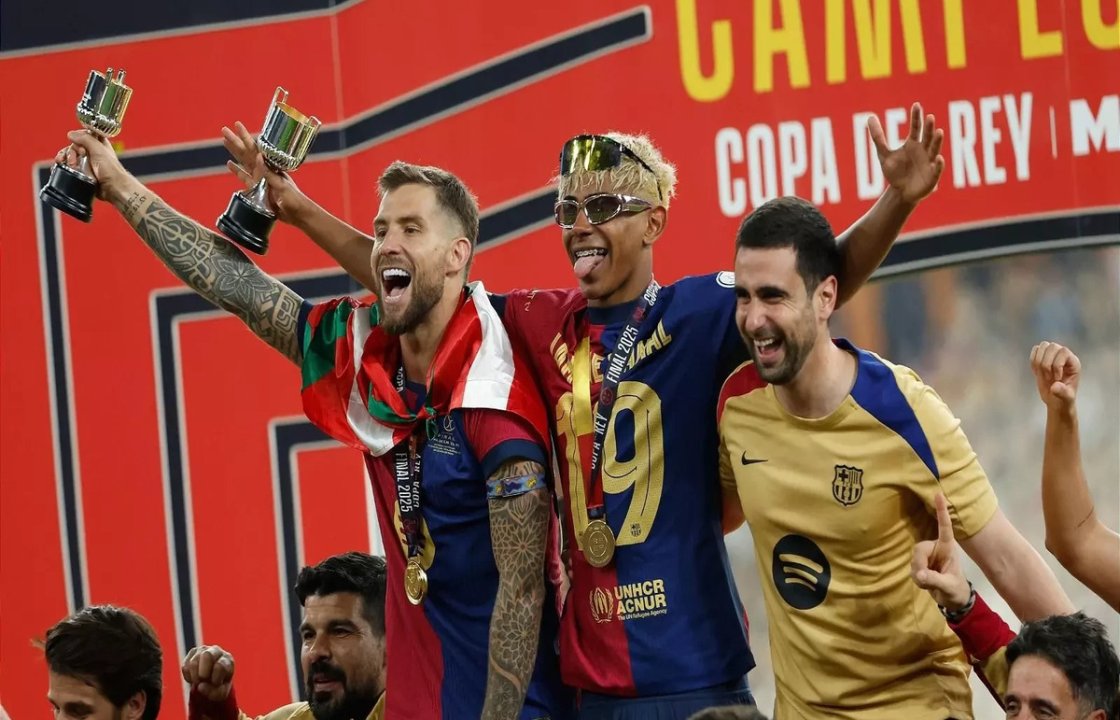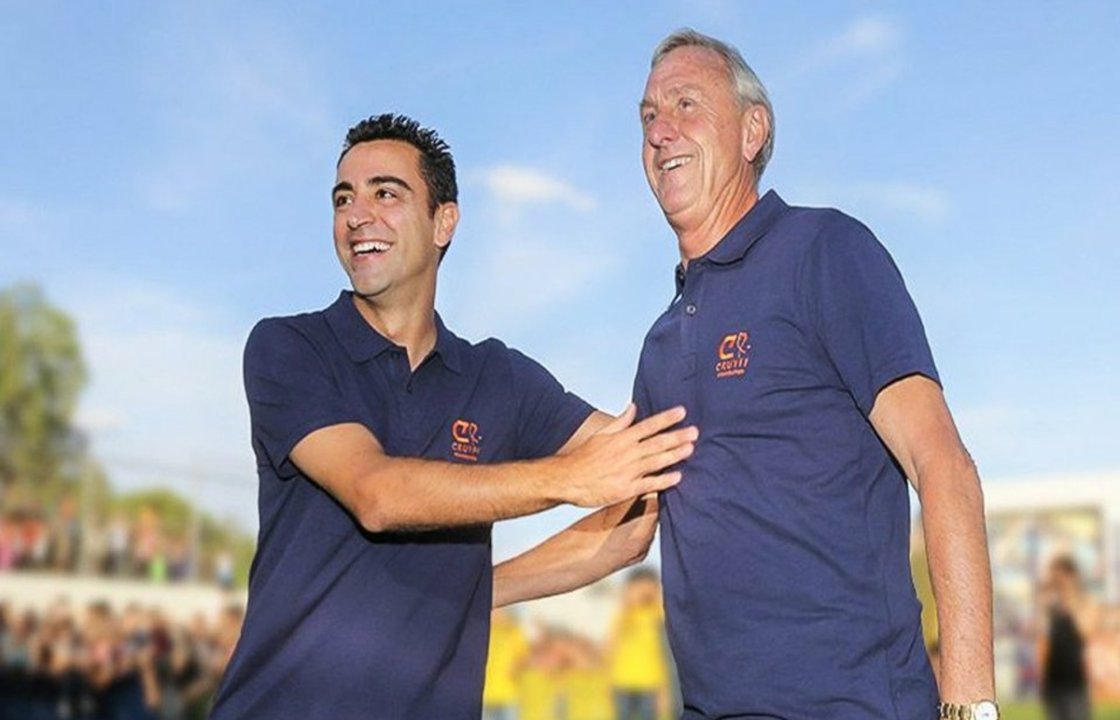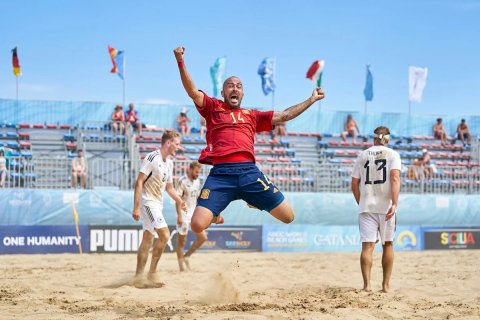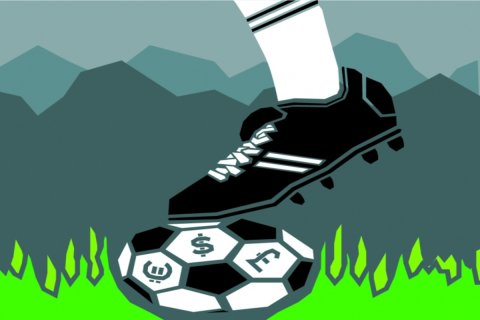A new chapter is being written at FC Barcelona that echoes the brilliance of its golden past while setting the tone for a thrilling future.
A Trophy That Means More Than Silverware
FC Barcelona’s recent triumph in the Spanish Cup (Copa del Rey) is more than just another title in their illustrious history—it is a symbolic return to identity. In a season marked by transition, injuries, and pressure, this victory served as a statement: Barcelona is not just surviving the post-Messi era—they are rediscovering themselves.
The cup final showcased not just technical superiority, but also a footballing philosophy that has defined generations. For fans who grew up watching the tika-taka magic of the Pep Guardiola era or the relentless creativity of Johan Cruyff’s teams, this season’s Barcelona was a reminder that identity matters as much as results.

The trophy lift wasn’t just about beating the opponent; it was about beating doubt, overcoming uncertainty, and proving that the Cruyffian values of possession, positional awareness, and proactive play are not outdated relics—they are the very essence of FC Barcelona.
A Generation Finding Its Voice
What made this cup win particularly compelling was the youthful exuberance powering the team. Players like Lamine Yamal, Pau Cubarsí, and Fermín López didn’t just fill in gaps—they became the stars. Their presence wasn't accidental; it was the product of a renewed focus on La Masia, the famed Barcelona youth academy.
Instead of looking to foreign stars for salvation, Barcelona turned inward. Homegrown talent—technical, intelligent, and deeply familiar with the positional play that Cruyff instilled—became the cornerstone. These young players embodied the spirit of the club: fearless, expressive, and dedicated to beautiful football.
For a club often scrutinized for its financial struggles and questioned for its identity, this youth movement represents hope with a purpose. It's a calculated return to roots, not a desperate fallback. And that makes all the difference.
The Shadow and Spirit of Cruyff
To understand Barcelona’s resurgence, one must understand Johan Cruyff’s influence. The Dutch master didn’t just coach a team—he redefined a culture. He believed football should be played with joy, intelligence, and courage. The ball should do the work. Space should be manipulated, not chased. Players should think as much as they run.
For years, especially post-Guardiola, Barcelona drifted. The spirit of Cruyff dimmed under managers who valued pragmatism over principles. While trophies occasionally came, the style of play often felt foreign, mechanical, and disconnected.
But under this new wave of leadership—bolstered by younger coaches and staff who came through La Masia or played under Cruyff’s disciples—the philosophy is alive again. Possession has purpose. The midfield breathes control. The defense starts the attack. Every pass is part of a larger idea. Barcelona is playing football as a language, not just a tactic.
The Managerial Vision
Behind the scenes, the coaching staff has embraced a long-term vision rooted in fundamentals. Whether it was Xavi, who carried the Cruyff torch with pride, or the upcoming next coach who understands the club’s DNA, the commitment is clear: Barcelona will win, but they will win the Barcelona way.
This doesn’t mean ignoring evolution. Pressing systems have been modernized. Transitions are sharper. But the core belief remains unchanged—that control of the game comes through control of the ball. This re-alignment has not only improved results but reconnected the team with its global fan base.
Fans don’t just watch Barcelona for goals—they watch to see ideas in motion, to feel a sense of narrative unfold on the pitch. That narrative, once lost, is being written again with tactical elegance and emotional resonance.

From Legacy to Future
Winning the Spanish Cup gives Barcelona a tangible achievement, but its true impact is symbolic. It is the launchpad for a future where identity, talent, and innovation converge. The next challenge is consistency—translating moments of brilliance into a season-long campaign.
The talent is there. The philosophy is there. What’s needed now is belief and continued investment in development, particularly in young players who are already being dubbed the next Iniesta, Busquets, or even Messi.
More importantly, this cup victory solidifies something deeper: that Barcelona doesn’t need to chase other teams’ styles or strategies. Their best version is one they’ve already authored—now, they just need to continue rewriting it for a new era.
The Cruyffian Echo at SIA Academy
At SIA Academy, we see these developments not just as fans, but as educators and developers of football talent. The philosophy that Barcelona is returning to—one that emphasizes technical mastery, spatial intelligence, and decision-making—is central to the way we train our players.
Just as La Masia believes in shaping not just athletes but thinkers, we train our students to understand the why behind every movement. Our sessions focus on building game intelligence, teaching players to read the field, anticipate transitions, and maintain composure under pressure. We believe that football is a thinking sport, and every great team starts with great thinkers.
The rise of young talent at Barcelona who are flourishing because of their understanding of the game, not just their athleticism, reinforces the importance of foundational coaching. It tells our players and coaches that a strong footballing education is the greatest long-term investment.
The Spanish Cup win isn’t just Barcelona’s—it belongs to everyone who believes in the power of intelligent football, including us at SIA Academy. It’s a reminder that style, when deeply taught and passionately played, can still be the ultimate strategy for success.




